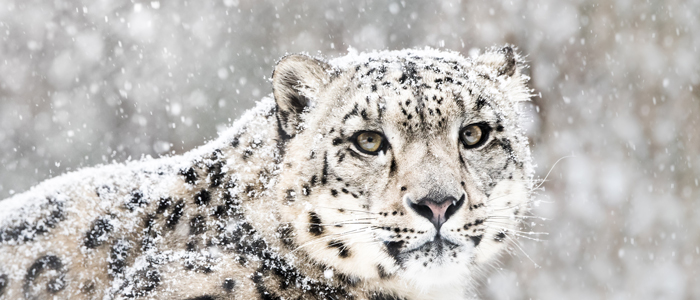Doing more with less – Sustainable management of livestock
Project Details

The fragile high-altitude ecosystems of Tajikistan’s Pamir Mountains are at risk from unsustainable numbers of livestock. Progressive environmental degradation reduces livestock survival and productivity, impacting human livelihoods, while grazing competition and disease threaten wild ungulates and thus the endangered snow leopards that rely on them.
Communities recognise the need to reduce livestock numbers to enable wild herds to thrive and grow. But livestock are a way of life and an essential source of food, as well as providing income that complements other sources such as trophy hunting. Giving up livestock is not an option and reducing numbers can be risky as mortality is high in these harsh environments.
This project seeks to research ways Pamiri communities can achieve the same or better productivity from smaller, healthier livestock herds, with a reduced environmental footprint.
This project aims to compliment and diversify existing programs of support to the CHCs by developing a self-sustaining veterinary support system to enable communities to achieve the same or greater benefits with smaller numbers of healthier livestock.
Researchers
Angus Campbell
Collaborators
Martin Gilbert, Helen Lee – Cornell Wildlife Health Centre
Dr Atovullozoda Rajabmurod, Director of Institute of Veterinary Medicine of Tajik Academy of Agricultural Sciences
Funding
This research is funded by Atkinson Center for a Sustainable Future Academic Venture Fund
Research Group
Key Contact
For further information about this research, please contact the research group leader.
Department / Centre
Nossal Institute for Global Health
MDHS Research library
Explore by researcher, school, project or topic.